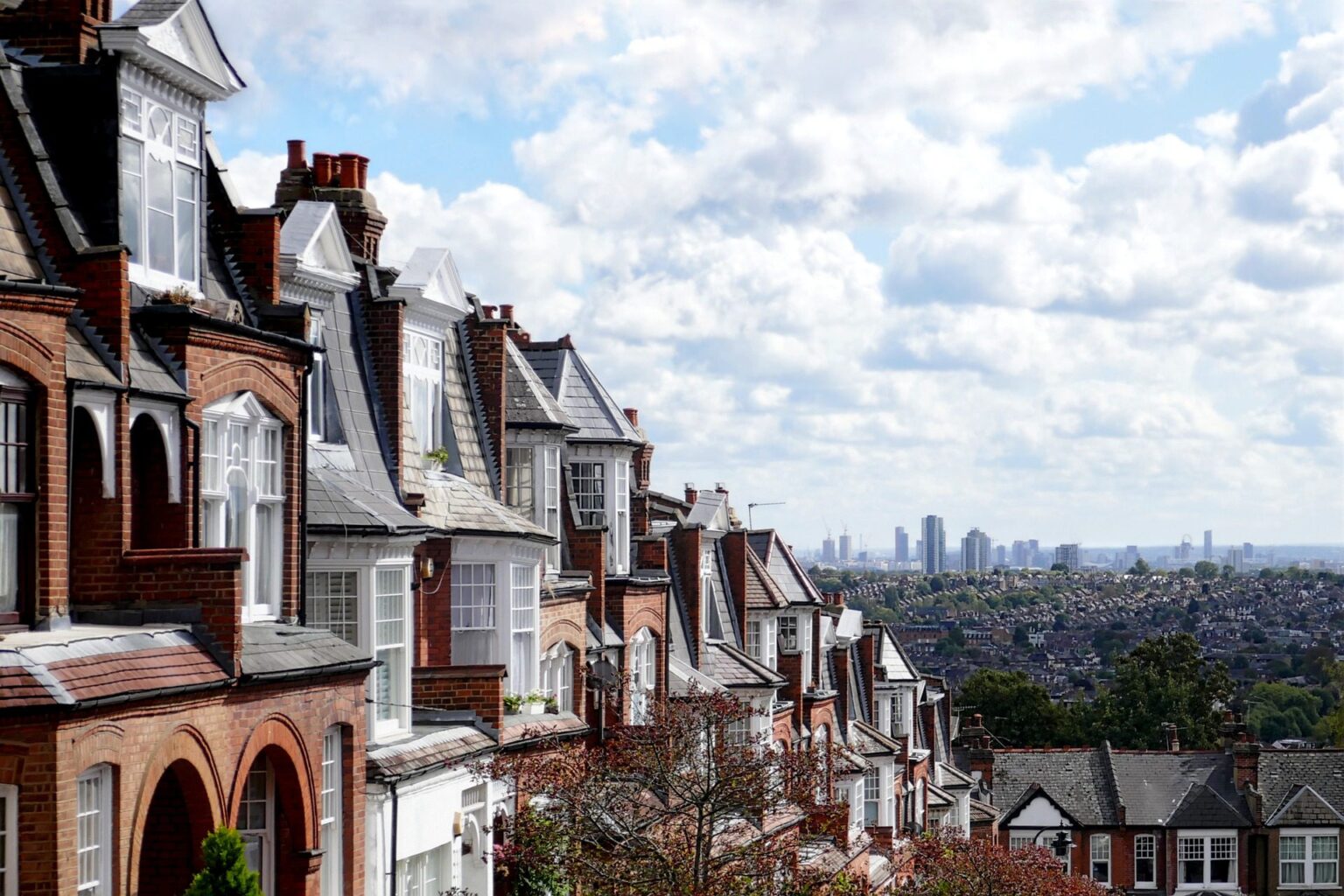House prices in the UK will continue to rise at a moderate but steady rate over the next five years, according to property consultancy CBRE.
However, in their forecasts, published in advance of the latest vote in Parliament on Britain’s departure from the EU, CBRE say they feel there’s a 40% chance of a no-deal Brexit – with what they call “significant risks for the property market” as a result.
They predict house price growth of 1.8% in 2019, a touch less than the lower end of Halifax’s prediction of 2% to 4% this year. It’s also in line with Nationwide’s view that growth will be in low single digits.
Looking further ahead, CBRE’s Real Estate Market Outlook forecasts growth of 2.3% in 2020, 3.4% in 2021, 3.7% in 2022 and then a fall to growth of 1.3% in 2023. They also predict that compound growth will be 13.1% until the end of 2023.
The Help To Buy Effect
Help To Buy, where a government-backed loan of 20% can be used in addition to a deposit of 5% for new build homes, is seen as crucial to the current market by CBRE. However, from 2021 the scheme will only be available to first-time buyers, with a predicted knock-on effect of fewer HTB-related deals.
“Affordability and mortgage regulation will constrain price growth,” say CBRE. “Strong growth in recent years has been supported by low interest rates. This has allowed borrowers to take on ever higher mortgage leverage.”
“However, with affordability and loan-to-income ratios strictly regulated by the Bank of England, house prices are approaching the limit that current incomes and credit conditions can support. This situation is most pronounced in London. We continue to forecast growth, but the ability for buyers to bid up prices is limited. Hence, we forecast that price rises will be relatively moderate.”
Institutional capital’s growing influence in rental scene
In the rental market, they note a reduction in private landlords leaving the scene but highlight a growth in institutional capital in the UK’s private rental sector. Investment of £2.1 billion in Q3 in 2018 was 51% higher than for the same time in 2017 and CBRE feel that investment is “on a firm upward trajectory.”
So far, 26,000 new rental homes have been built through institutional investment, and there are another 42,000 being built with a further 64,000 due to be started.









